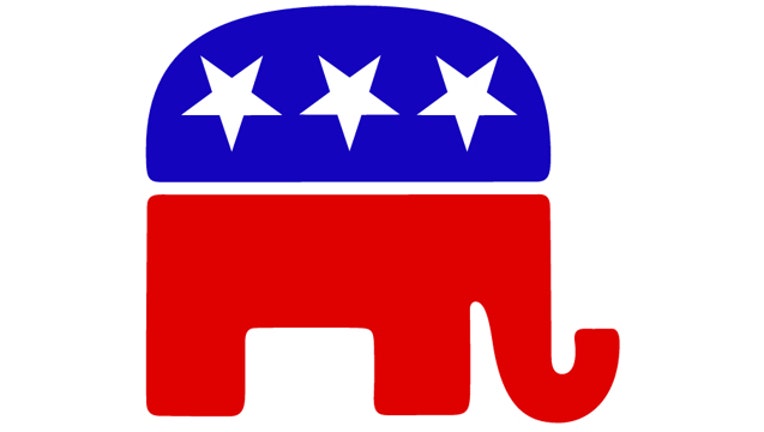Trump taunts GOP, refusing to back Ryan, McCain

WASHINGTON (AP) — Donald Trump is openly taunting the leaders of his own party by refusing to endorse House Speaker Paul Ryan of Wisconsin and Sen. John McCain of Arizona in their GOP primaries. Yet thus far, McCain, Ryan and other Republicans who've reluctantly declared that they plan to back Trump for president appear to be sticking with him.
Trump's stunning slap at two of the nation's most prominent Republicans dramatically escalated GOP turmoil barely a week after a convention intended to promote party unity. With the general election campaign now squarely underway, Republicans found themselves once again forced to answer questions about the latest boundary-defying pronouncement from Trump at a moment when most would rather be talking about Hillary Clinton's record.
Trump made his declarations in an interview with The Washington Post in which he also lit into New Hampshire GOP Sen. Kelly Ayotte. All three lawmakers are facing primary challenges from the right in coming weeks, though all are expected to prevail, and each had criticized Trump's attacks on the Muslim American parents of an Army captain killed in Iraq.
Trump's rebuke to Ryan carried particular derision.
"I'm just not there yet," Trump said, closely echoing Ryan's own demurral before eventually endorsing Trump, when he told CNN on May 6, "I'm not there right now."
"I like Paul, but these are horrible times for our country. We need very strong leadership. We need very, very strong leadership. And I'm just not quite there yet," Trump told the Post, offering praise for Ryan's longshot opponent, Paul Nehlen, for running "a very good campaign."
Trump also claimed Ryan had asked for his support, something Ryan's aides denied.
"Neither Speaker Ryan nor anyone on his team has ever asked for Donald Trump's endorsement," said Zack Roday, Ryan's campaign spokesman. "And we are confident in a victory next week, regardless."
Of McCain, whom he'd previously criticized for being taken captive in Vietnam, Trump said: "I've never been there with John McCain because I've always felt that he should have done a much better job for the vets."
And bringing up Ayotte: "I don't know Kelly Ayotte. I know she's given me no support — zero support — and yet I'm leading her in the polls. I'm doing very well in New Hampshire. We need loyal people in this country. We need fighters in this country. We don't need weak people."
Trump's comments appeared to represent the most dramatic break yet with a Republican establishment whose support for their presidential nominee has been reluctant at best. It came on the same day that President Barack Obama declared Trump unfit to serve as president and questioned why McCain, Ryan and other GOP leaders continued to support him, especially in light of Trump's attacks on a pair of bereaved Army parents who took the stage at the Democratic National Convention to oppose him.
McCain had been particularly incensed over Trump's insults against the parents of U.S. Army Capt. Humayun Khan, chiding Trump's decision to "defame those who are the best among us."
Yet it was not clear that, even as Trump found another line to cross and another political norm to defy, any Republicans would rescind their support. None did so publicly and aides to both Ryan and Ayotte made clear their plans hadn't changed. McCain met privately Tuesday night with Trump's vice presidential running mate, Indiana Gov. Mike Pence.
For his part, Trump sent a Twitter post from @realDonaldTrump early Wednesday proclaiming, "There is greater unity in my campaign, perhaps greater than ever before."
For Republicans, renouncing Trump might not yield much benefit beyond ensuring more headlines connecting them to Trump, something most want to avoid. Instead, vulnerable Senate Republicans like Ayotte and McCain are trying to focus on running their own races and hoping voters will make a distinction between them and Trump, something some polls suggest may be happening.
"I call it like I see it, and I'm always going to stand up for our military families and what's best for the people of New Hampshire," was all Ayotte would say.
___
What political news is the world searching for on Google and talking about on Twitter? Find out via AP's Election Buzz interactive. http://elections.ap.org/buzz
___
Associated Press writer Jonathan Lemire contributed from Daytona Beach, Florida.

